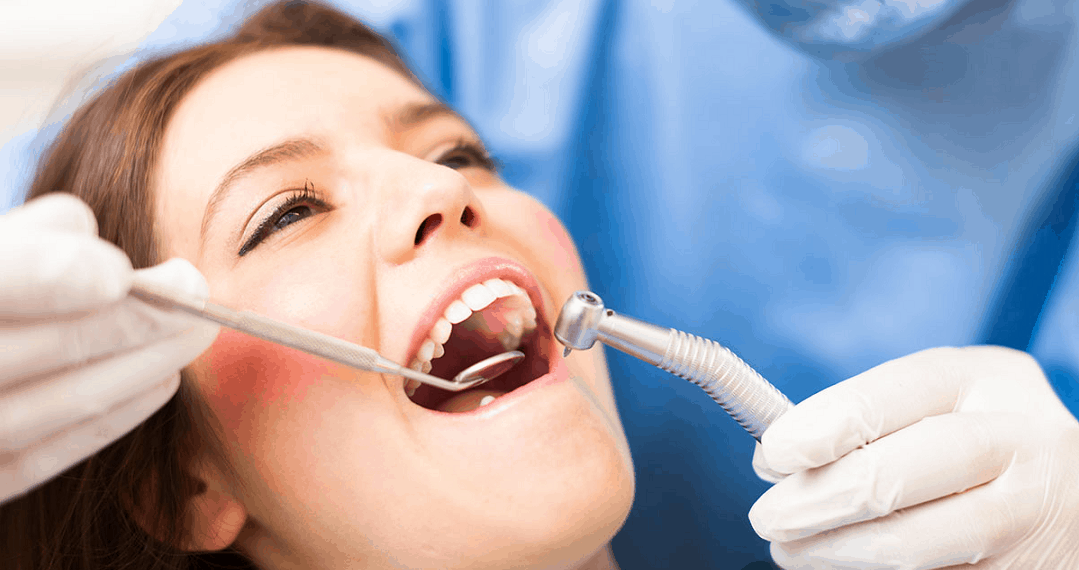Certain issues can impact your teeth, causing pulp problems. To save the tooth's structure, its pulp may be removed in certain instances and this procedure is known as the root canal. If you’ve lost teeth from decay, injury, or periodontal (gum) disease, dentures (Partial & Complete) may be the right solution for all of your problems.

Image Source: Google
The procedure may be required due to a variety of reasons. One reason that you might need to get this treatment from a denture clinic is because of an infection in the pulp of the tooth.
Untreated cavities can result in this type of infection. A tooth's blood flow could be reduced as a result of inflammation, which stops the pulp of the tooth from being in a position to heal.
In other cases, the pulp could be damaged to the point that it's not repairable. This could happen if the tooth has been fractured.
What can you do to determine when you're required to get the procedure of a root canal?
There are a variety of signs that can signal that the procedure is an ideal alternative. The tooth could be hurt when it's in contact with or when you bite into something. The sensitivity to heat and cold are also typical symptoms.
The swelling around the discoloration of the tooth and broken or cracked teeth are also signs which indicate that you require this kind of treatment. Naturally, your dentist will be the first to examine your tooth and assist you in deciding which treatment is best suited to your specific needs.
In the case of a specific situation, the root canal treatment might require a single visit or multiple. Simple treatments typically only require only one visit, however, when the tooth is located in a troublesome area of the mouth or has a curly root it could be necessary to extend the procedure across several appointments. It is also important to remember that you may require crowns on your tooth after having the root treatment.